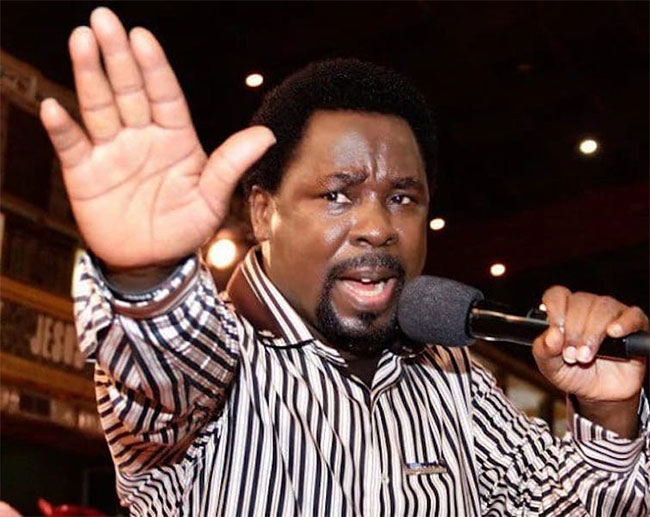
Immanuel, Matthew McNaught (247pp, Fitzcarraldo Editions)
If you are middle class English, of a certain age, a church upbringing was not particularly unusual: Sunday school, youth group, services, fetes, garden parties, pantomimes and jumble sales were part of life in the 1960s and 70s. Things were becoming more liberal, hair growing longer, flares getting wider, services more casual and there were rock bands around the edges, even occasionally in the church hall.
Matthew McNaught, however, is a child of the 80s and was a teenager during the 1990s. By then it seemed churches had become more arm-waving, christian rock bands had become praise and worship bands, and things were shutting down again. Evangelical and often censorious christians desired to change the world, witness to the world, and prepare for the possibility of Jesus coming back to Earth. In the 1960s this had fuelled Jesus Rock and hippy churches in the States, with books predicting the end of the world, discussing UFOs and aliens using Bible texts, preachers trying to become hip and talking to the dropouts on the street, a kind of counterculture that regarded Jesus as a long-haired rebel preaching love and peace. It was this that drifted over, along with musicians like Larry Norman and Randy Stonehill, to England and helped precipitate change.
But by the 90s love and peace were no more. Jesus became legalistic, a rule maker and judge, and many churches got caught up in the idea of growth and resurgence: bigger churches with more members, more income, more influence. This sometimes included becoming a business, others focussed on gifts the Holy Spirit might bestow: speaking in tongues (glossolalia), prophecy and healing. McNaught’s church in Winchester was on the edge of all this, but gradually developed links with a Nigerian church founded by TB Joshua. McNaught drifted away from church, and his friends, but several people he knew ended up in Nigeria as ‘international disciples’ of SCOAN, the Synagogue Church of All Nations.
Joshua, who claimed to be able to heal and prophesy, turned out to be a millionaire who used violence, intimidation, sleep deprivation, sexual and verbal abuse to control and influence the live-in members of his church. This only came to light when McNaught received an email from his old friend Dan who, along with wife and child, had come to their senses, left SCOAN and fled back to England. McNaught was intrigued, and as he studied online videos of Joshua’s ‘healing’ and preaching, he wondered about the links between the gentle church community of his youth, which in many was he remembered fondly, and the extremism of groups like SCOAN.
Mcnaught is a psychological wellbeing practitioner, and seems well suited to trying to understand the desire we all have to belong, to find community and friendship, but he took his time to assemble evidence and ideas before writing this book. He admits to finding some of the videos of exorcism and healing that he watched mesmerising, despite knowing they were faked, despite being shocked by some of the things Dan and Kate told him, as well as the self-denial and complicity that had originally kept them at SCOAN, over-riding their growing worries and concerns. He could see that those who aspired to something would endure all sorts of deprivation and self-denial if they felt it furthered their idealism; he was also fascinated by ideas of self-supporting, connected, fluid and dynamic communities.
He started a website to post research and ideas, and reached out to others who had left SCOAN. He looked at how evangelism had become big business, how the ‘prosperity gospel’ had come in to being, how hippy liberal idealism had turned sour, at how cults arrive and endure. For it soon became clear SCOAN was a cult. Fronted by a charismatic leader who was responsible to no-one except himself, run as a strict regime by a system of abuse and denial, self-propagating and financially wealthy, it advertised itself through miracles and proclamations that were faked and carefully edited online, and that plugged into established Nigerian magic beliefs. The author even travelled to Lagos to try and understand Nigerian culture a little more…
McNaught is gentle and open enough to admit to finding the music at the Lagos church he visited (not SCOAN) moving, and to confess that he has fond memories of the families and friends he had at church growing up. He knows there is something fascinating and powerful about men (and they are usually men) like TB Joshua, even after they die, which Joshua did before this book got published. He does not condone much of what he has discovered and recounts but backs away from suggesting that religion or faith automatically leads to power and abuse of that power, failing to really discover how an English church could lead or direct its members to an African cult. For me, there is not enough historical contextualisation or psychological analysis here, just as there is no real conclusion. It’s a fascinating, fascinated but ultimately bewildered book about human dysfunction and delusion.

Rupert Loydell
